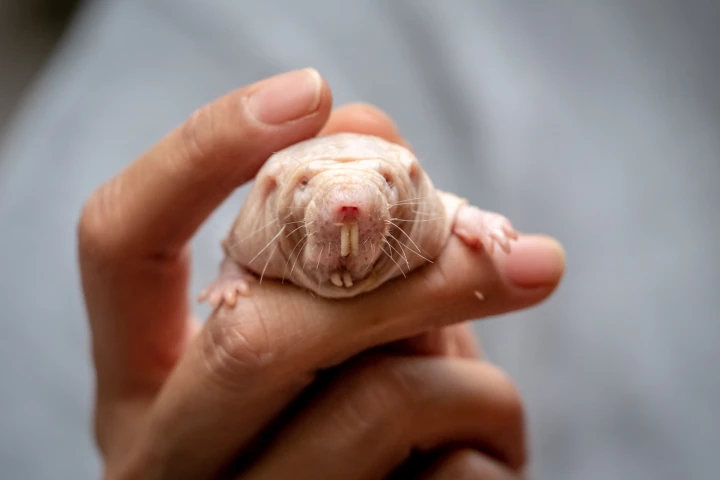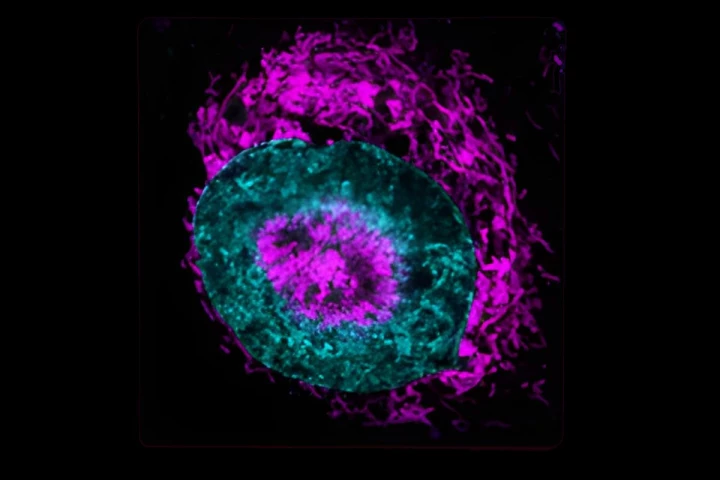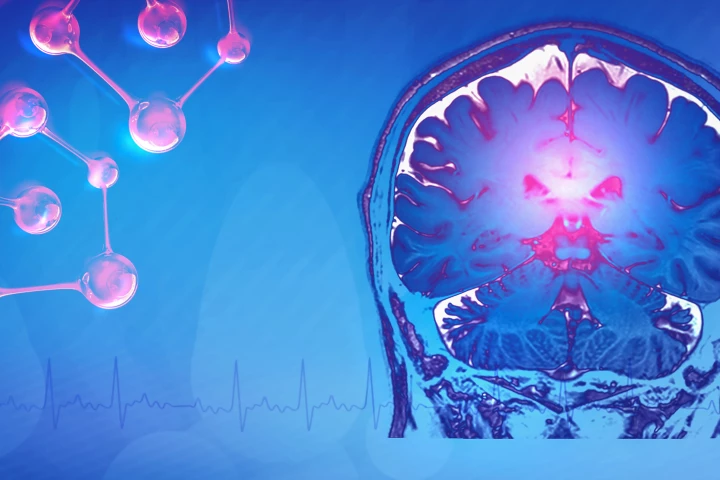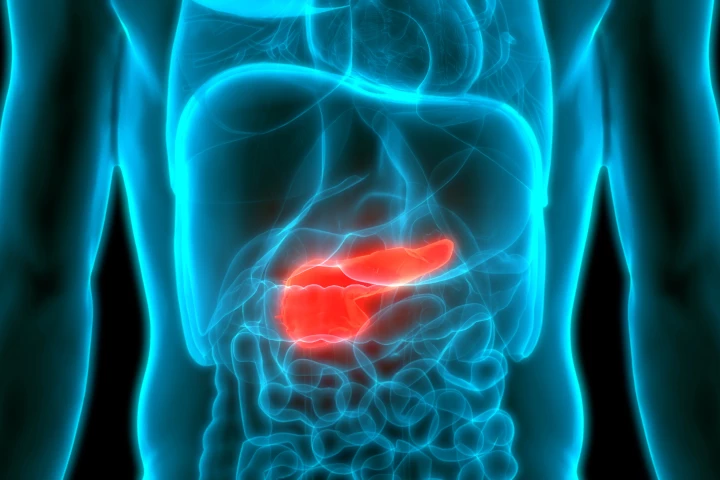Cells
-
After a century of false starts, scientists believe they have found a way to make cells burn more energy without the dangerous side effects – and it could be a breakthrough that reshapes weight-loss and anti-aging medicine as we know it.
-
In a breakthrough study, scientists built a new kind of "super microscope" letting them zoom in on living human cells with incredible detail. This offers a new real time insight into how the flu virus tries to slip inside cells.
-
Scientists have found the clearest evidence yet that Epstein-Barr virus – which nearly all of us carry for life – is directly responsible for hijacking our immune system's cells to cause lupus, a chronic disease that affects up to a million Americans.
-
Even in death, cells leave a trace. Scientists have discovered a microscopic “Footprint of Death” that not only helps the immune system clean up but can also give viruses a new way to spread infection.
-
What naked mole-rats lack in the looks department they make up for it in longevity, living healthily for nearly four decades. Now, scientists have found just how they repair their DNA – and it has the potential to be harnessed by humans to do the same.
-
Scientists have taken the most detailed look yet at the biology of a record-breaking woman who lived 117 years and 168 days free of cancer, cardiovascular disease and dementia. And many things they discovered could help us achieve our own longevity.
-
Researchers have discovered a secret super power that cancer cells exhibit while squeezing themselves through our bodies. The finding now gives scientists the chance to discover the kryptonite that will sap them of this extra boost of strength.
-
In a first-of-its-kind study, researchers zoomed in on PTSD at the single-cell level to better understand how it affects the brain. The findings revealed how trauma can lead to specific molecular changes in some brain cells.
-
A new organelle has been found by scientists at the University of Virginia. The super-small specialized structure has a role recycling material inside our cells, and its discovery could lead to improved treatments for a wide range of diseases.
-
In a large study, the drug leading the charge in anti-aging science has shown to be just as effective in protecting cells and cognitive function as cutting calories or intermittent fasting. It's the most comprehensive study of rapamycin yet.
-
A protein found in our cells has emerged as a secret weapon against biological aging, acting like a glue to repair damaged DNA and ward off neurological degeneration including that seen in motor neuron, Alzheimer’s and Parkinson’s diseases.
-
We could be on the verge of a major cancer breakthrough, with a new nanoparticle-based vaccine reportedly obliterating pancreatic cancer cells in preclinical trials. This success now takes it a step closer to a first-of-its-kind human trial.
Load More











